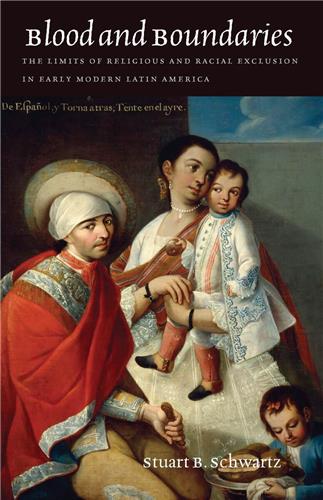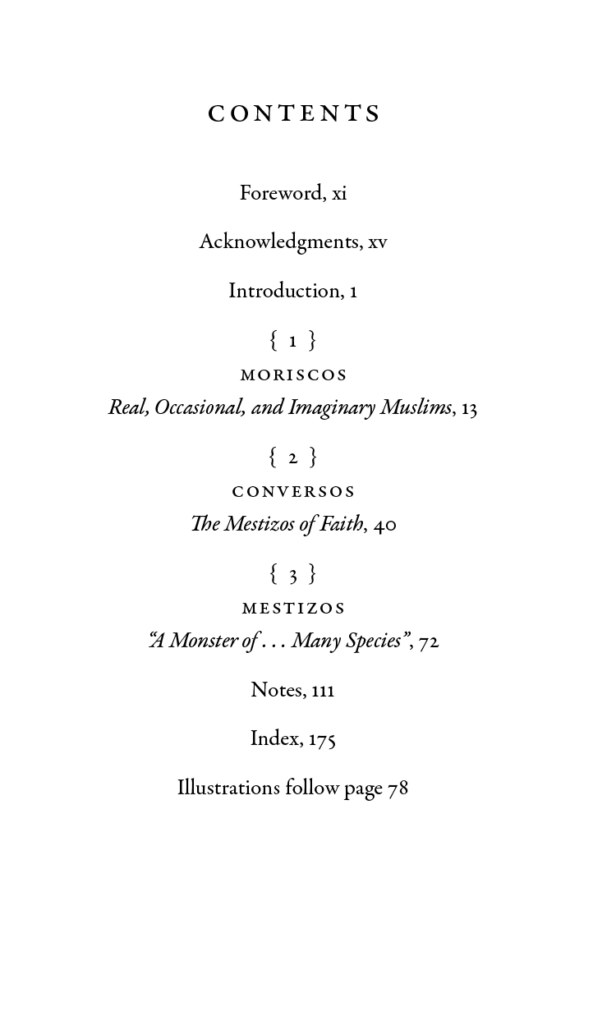Another magisterial masterpiece of history from one of this generation’s finest historians. Blood and Boundaries offers a penetrating analysis into the lives of Muslims, Jews and mestizos in the early modern Iberian world, arriving at fresh understandings of the evolution of race and racial discrimination. Beyond the legal and institutional frameworks that policed the boundaries of difference, Blood and Boundaries reaches into individual lives to reveal how rules were upheld, modified, and contributed to a unique world order. Emerging from this work is a not just a nuanced understanding of difference, but of religion, honor, nobility, and the inner workings of power. Armed with an extraordinarily commanding knowledge of Spanish and Portuguese societies, there are few other scholars who could so concisely synthesize such a sweeping, and yet breathtakingly readable rendition of otherwise enigmatic aspects of human history.





